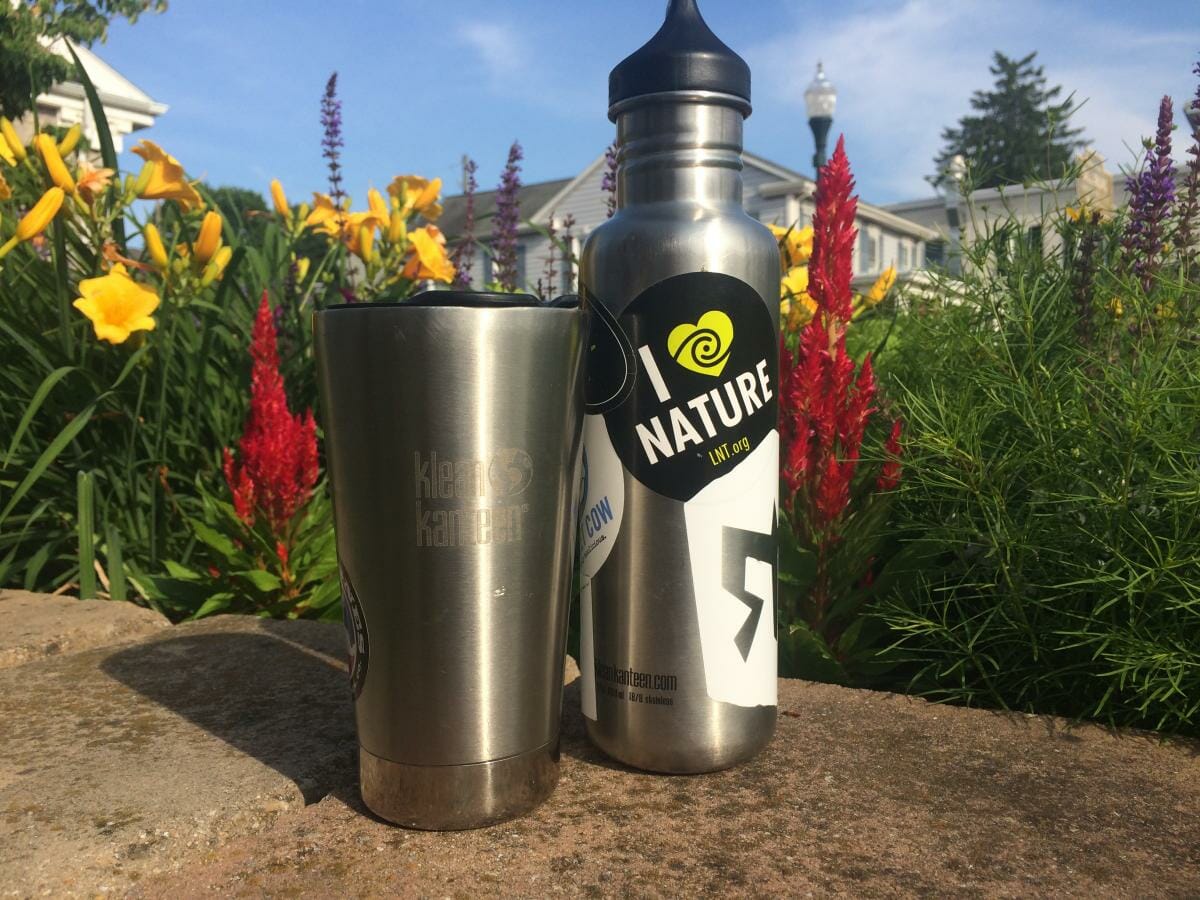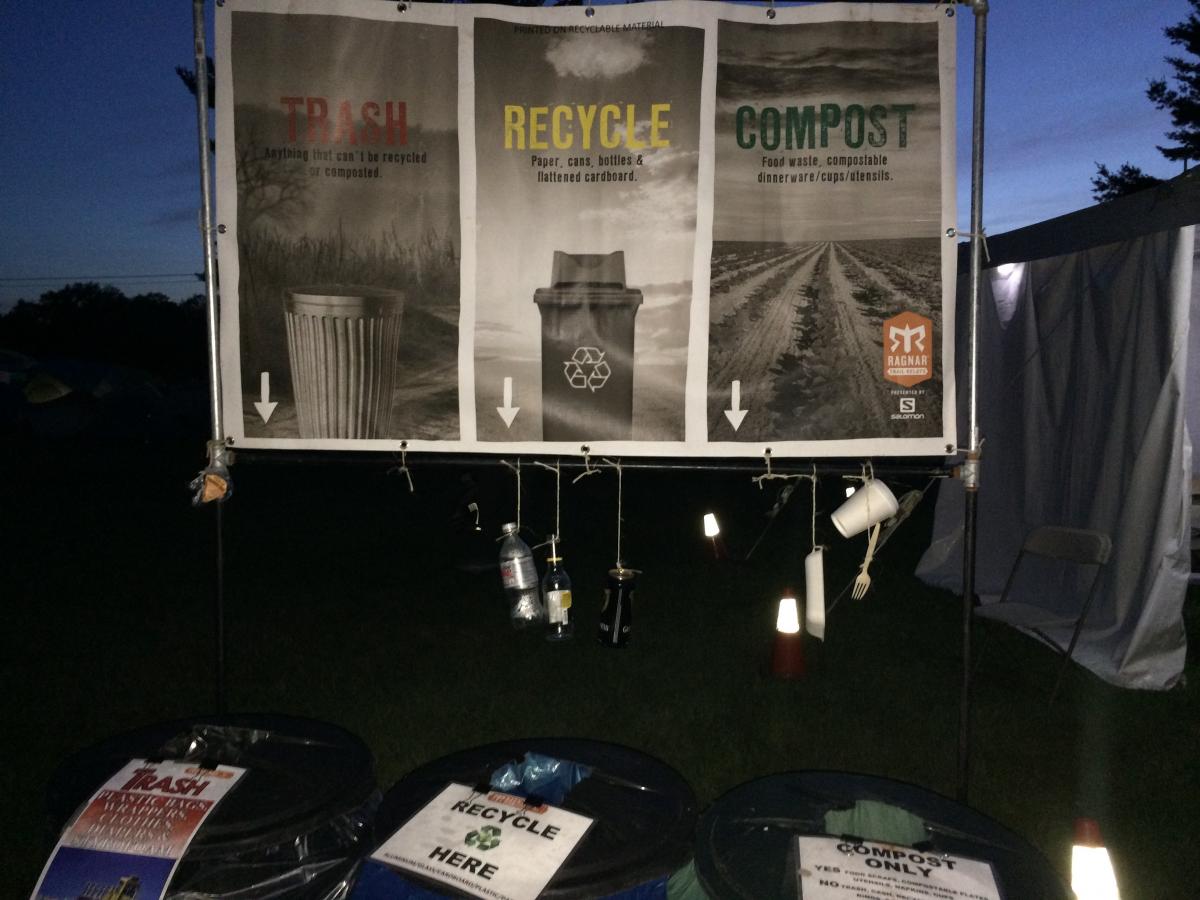News & Updates
Minimize Waste to Maximize Space


Minneapolis, MN–Dastardly trash flitters across the parking lot as its potential captor follows in hot pursuit. Every gust of wind helps the debris slink between cars and roll around light posts as it takes aim for a precise exit by way of the storm drain. Once within the dark passages of the drain, the trash will forever be on the run, freely able to wreak havoc on the earth: baiting marine life, contaminating our water, and littering our shorelines.
These trash escapees are ever slipping from our overloaded hands, shopping bags, and car doors–they must be better confined, barred within their proper receptacles, and it is our responsibility to do so. The U.S., making up less than 5% of the entire world’s population, generates nearly 30% of all the waste worldwide. Each American will throw away, on average, 600 times his/her body weight in garbage during their life span—that’s about 90,000 pounds of garbage each–according to a trash study conducted at the University of Utah. As our population continues to rise in an economy that is largely based within consumerism and materialism, we must take a proactive stance and learn what we can do to minimize our waste.
As the Subaru/Leave No Trace Traveling Trainers East Central Team, we have had the pleasure of spending the last 2 weeks in the Twin Cities of Minnesota working with local schools and the public. While the area is just a short drive from wild escapes like the boundary waters and is surrounded by beautiful lakes and forests, we took a different approach by focusing on how behaviors in our urban settings can affect those wild escapes–our emphasis was trash. We wanted to express the importance that our resource is all connected; whether in the backcountry or frontcountry. This resource, mind you, is finite–meaning it is not getting any bigger. If everyone in the world lived as an American, it is estimated that we would need TWO more earths (more fun facts here) to handle the amount of waste created.
During our workshops in Minnesota, we challenged participants to think of ways they, you, can help mitigate our ever increasing trash. Here are some of the most pertinent takeaways:
-
Plan Ahead and Prepare by remembering your reusable water bottle. Plastic water bottles cost about $1.00 but only have about 4 cents worth of water. Not to mention, plastic bottles NEVER decompose, they will be on this earth forever.
- Have you ever seen an overflowing garbage can along the street side? Be sure to hang on to your trash until you find a suitable can. This way, you will the stop escapees trying to catch a free ride with the wind–as we all know, it isn't easy to catch trash on the loose.
- Do your best to keep waste out of storm drains. They are in place to prevent flooding and often lead directly to water sources. This includes grass clippings, wrappers, and cigarette butts (Did you know: Cigarettes make up the largest group of trash found in oceans?).
- Try separating your waste at home—garbage, recycling, and compost. According to Duke University, approximately 2/3 of all household waste is compostable. Surprised? It is amazing how much we can minimize by Disposing of Waste Properly.

- Have you ever gone into a store for one item and came out with several? Ask yourself if you really need everything in your cart. Will you be able to reuse or recycle the items? Maybe you can buy it second hand, or up-cycle an item you already own.
- Think of your last purchase. Can you count the number of materials used: labels, cardboard backing/plastic wrap/packaging, receipt, bag, the ink used for printing, the package the ink came in… it goes pretty far. Try buying products that have minimal packaging and waste–if you can, skip the bag or bring a re-usable one.
Now, as you all know, Leave No Trace is a spectrum. We are here to educate; to help people understand his/her impact on the environment and to discover where his/her personal ethic lies. By no means are we saying you should no longer buy things, or that you should feel badly for doing so; rather, we are sharing information to get you thinking about what your impact is and what you can do to perhaps lessen that impact.
Remember–Minimizing our waste maximizes our space! So go out there and trash talk.
Katelyn and Blake
Leave No Trace’s Katelyn Stutterheim and Blake Jackson are part of the 2015 Subaru/Leave No Trace Traveling Trainer Program that provides free, mobile education to communities across the country. Proud partners of this program include Subaru of America, Deuter, Hi-Cone, REI, Smartwool, The North Face, and Yakima.
Let’s protect and enjoy our natural world together
Get the latest in Leave No Trace eNews in your inbox so you can stay informed and involved.
